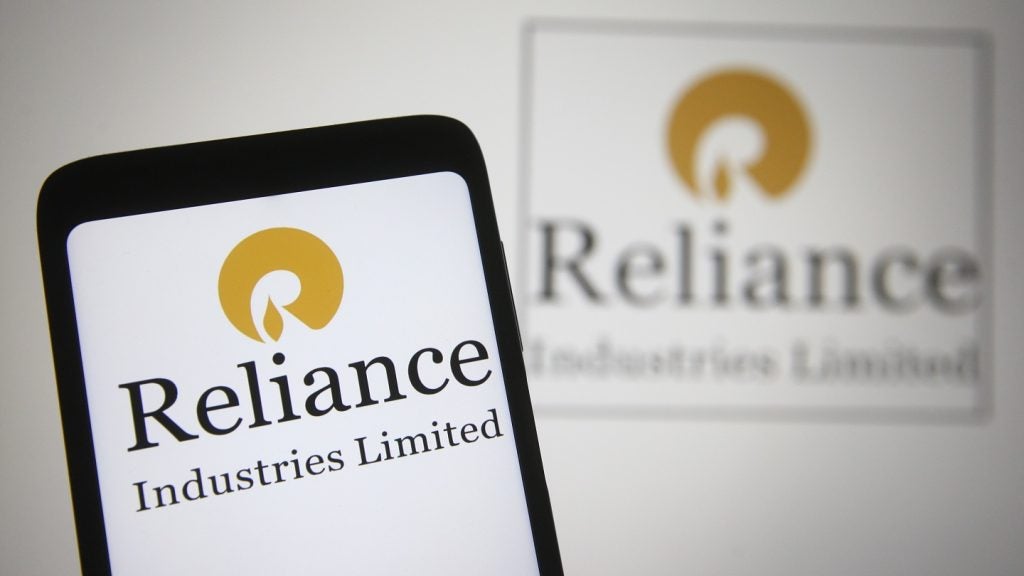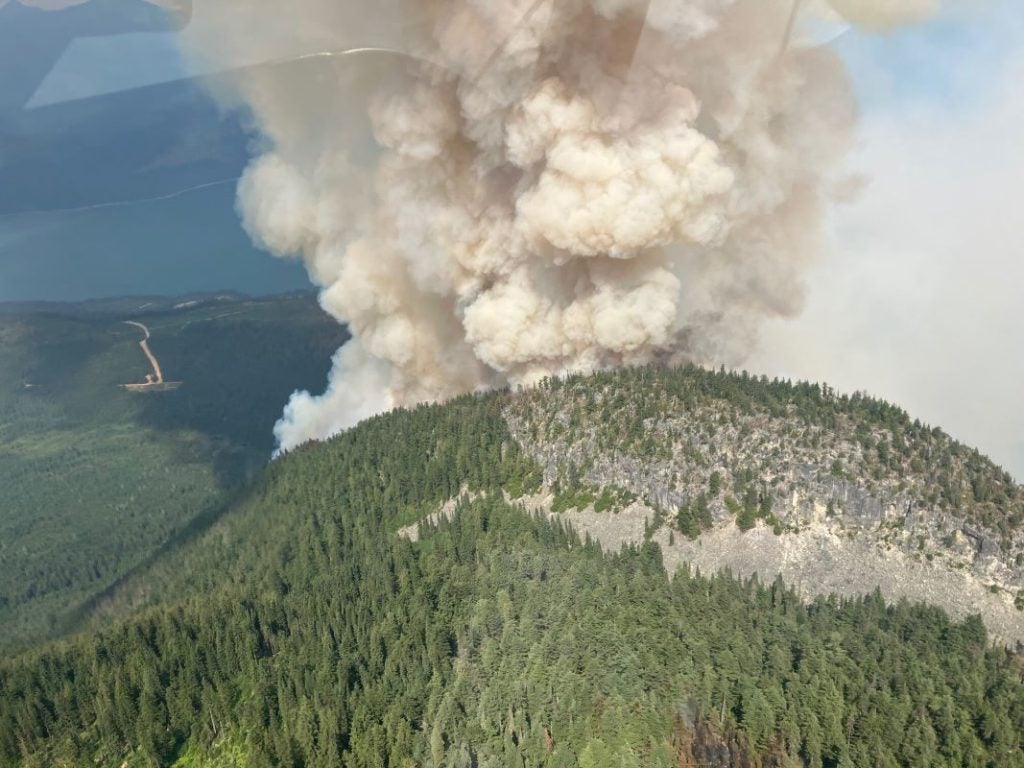Marathon Petroleum operates the Salt Lake City I cracking refinery, which is located in Utah, the US. According to GlobalData, who tracks and profiles more than 1,400 refineries worldwide, it is a non integrated cracking owned by Marathon Petroleum. The refinery started operations in 1908 and has a Nelson Complexity Index (NCI) of 7.44. Buy the profile here.
Maintenance activities at Salt Lake City I cracking refinery
The Salt Lake City I refinery cracking witnessed two incidents during the period 2017-2022.
About Marathon Petroleum
Marathon Petroleum Corp (MPC) is a downstream energy company that refines, markets and transports petroleum products. The company owns and operates refineries in the Gulf Coast and Midwest regions in the US. It also owns common carrier pipeline systems that transport crude oil and refined products to the company’s refineries, terminals, and other pipeline systems. With a number of convenience stores, MPC offers gasoline and a variety of products. An integrated system provides crude oil, feedstock, and petroleum-related products through a distribution network in the Midwest, East Coast, Southeast and Gulf Coast regions in the US. The company also has interests in gas processing plants, natural gas liquid (NGL) fractionation facilities and a condensate stabilization facility. MPC is headquartered in Findlay, Ohio, the US.
For more details on the Salt Lake City I cracking refinery, buy the profile here.
Data Insights
From

The gold standard of business intelligence.
Blending expert knowledge with cutting-edge technology, GlobalData’s unrivalled proprietary data will enable you to decode what’s happening in your market. You can make better informed decisions and gain a future-proof advantage over your competitors.







